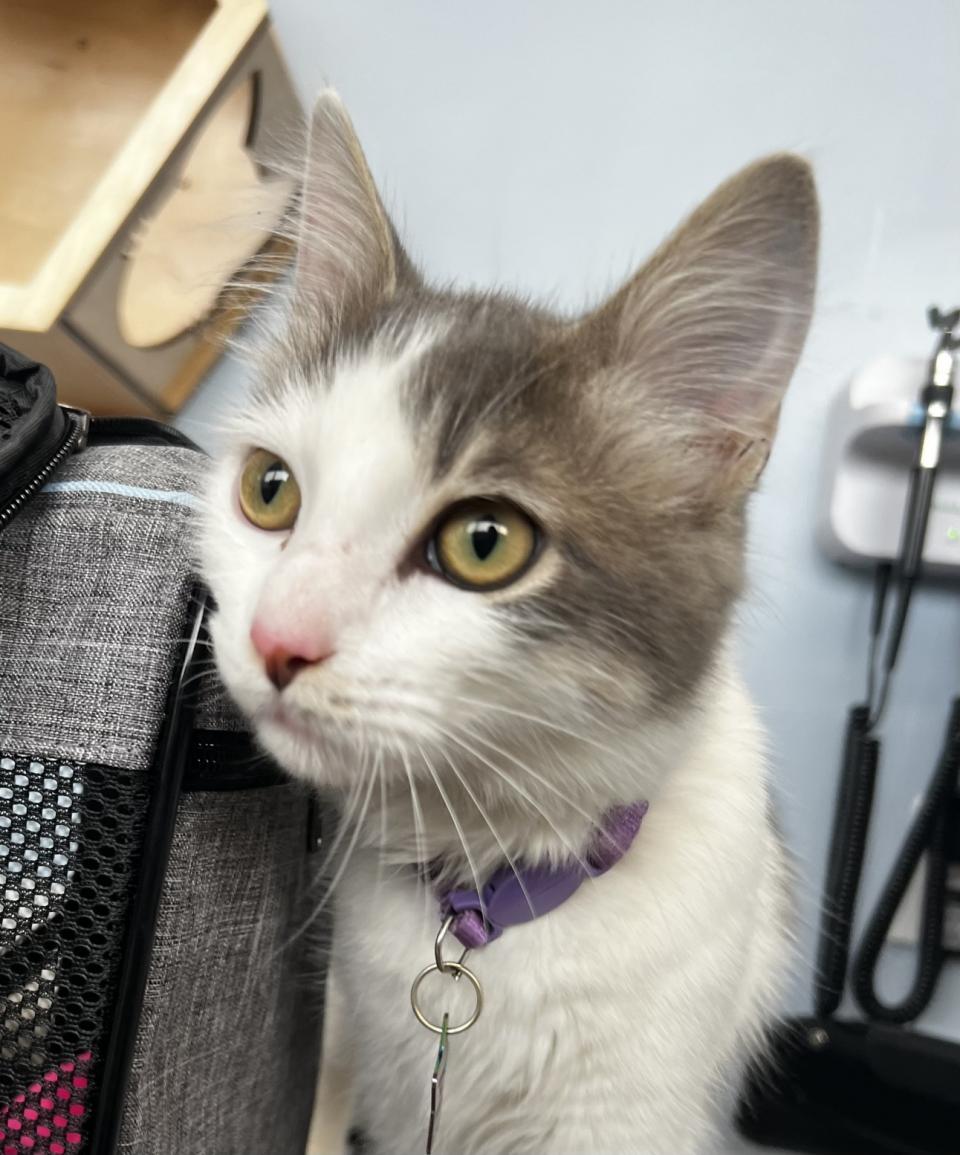
What is the difference between cat spaying and neutering?
These terms are dependent on the sex of the cat and what organ is being removed:
- Spay (ovariohysterectomy): removal of the ovaries and uterus to sterilize a cat.
- Neuter (castration): removal of the testicles to sterilize a cat.
How does spaying or neutering impact the health and well-being of your cat?
Spaying or neutering your cat is deeply beneficial to your cat's overall quality of life! Spay and neuter eliminates a cat's hormone production, which significantly decreases their desire to roam, which is primary caused by an innate desire to mate. Spay and neuter also decreases aggression & undesirable behaviors such as urine marking.
How soon should you bring your cat in to see a veterinarian to get them spayed or neutered?
We recommend kittens be seen as soon as possible for their initial kitten exam - If you adopt your kitten from a rescue, they often come fully vaccinated and fixed! At the exam, the doctor can discuss the best age for your kitten to be spayed/neutered based on their size, breed, etc. If you're in ownership of an intact adult cat, a doctor can also recommend how & when we go about scheduling the procedure after your cat is seen for a physical exam.
What are the medical benefits of spaying and neutering cats?
Neutering male cats reduces the desire to roam & territorial aggression over females, which can lead to potentially devastating fights. Spaying female cats eliminates their ability to become pregnant - cats can become pregnant as early as 6-months old - and reduces their chances of developing mammary cancer & other reproductive health problems in the future.
How will spaying or neutering affect my cat’s behavior?
When you spay or neuter a cat, it decreases negative behaviors that fueled by hormones, such as urine marking, territorial aggression, and the urge to escape your home and wander the outside world. Cats that have been "fixed" are markedly calmer and more friendly than cats that are not.
What are some possible conditions that can be helped or prevented by spaying or neutering your cat?
The primary condition that is prevented by spay and neuter is the perpetuation of unwanted kittens. Thousands of cats are euthanized every day in the United States due to shelters not having the capacity to house them all. Spaying or neutering your cat ensures that you do not contribute to this population.
How should I care for my cat before and after spaying or neutering surgery?
Before you bring your cat in for their procedure, you'll want to make sure that they have been fasted for 12 hours; this is to ensure their safety while they are under general anesthetic. Drinking normal amounts of water is just fine. After your kitty's procedure, a technician will guide you through post-op care & maintenance.
If you have questions regarding getting your cat spayed or neutered, give us a call. We’re always here for you!
